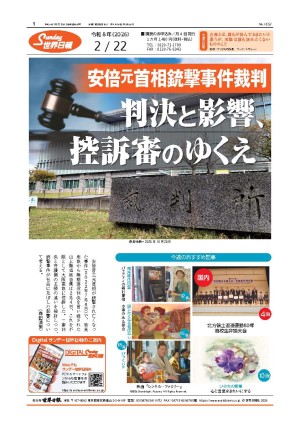The criminal ‘link’ of forwarding websites ウェブサイトへのリンクが犯罪になる?
The criminal ‘link’ of forwarding websites
The genius of the Internet is that it seamlessly links from one item to another. The online “community” is without end; there’s always something else to click on.
...【全文を読む】







